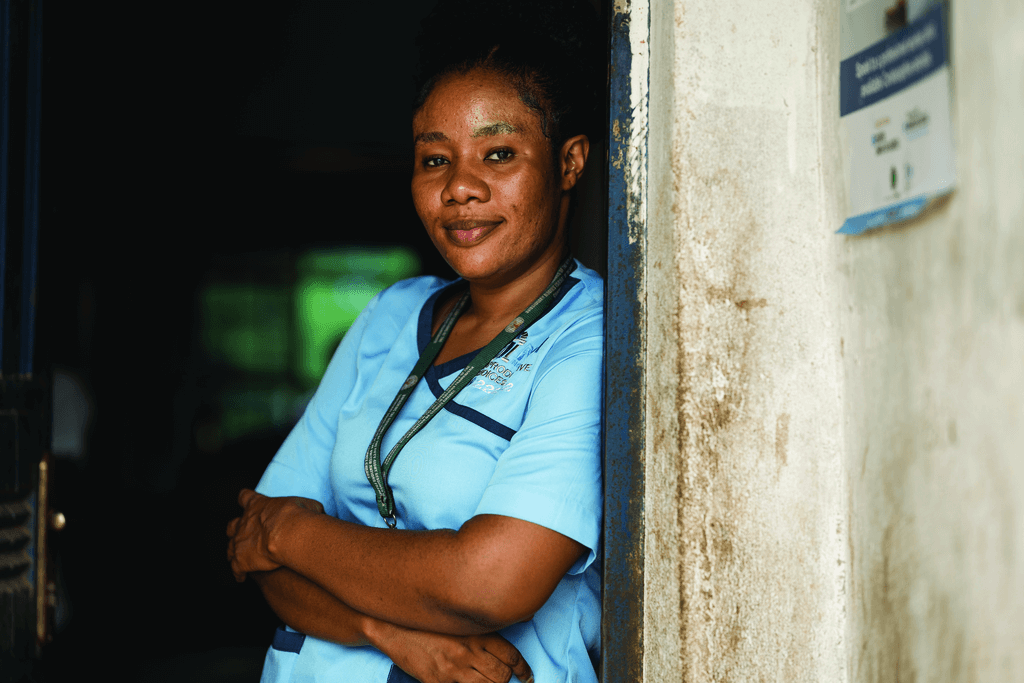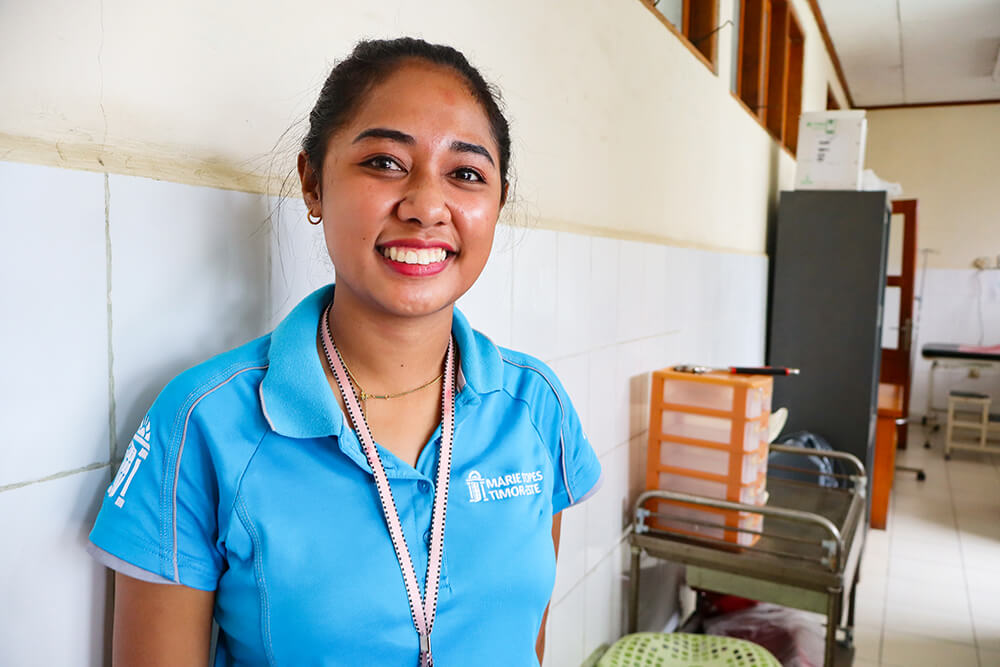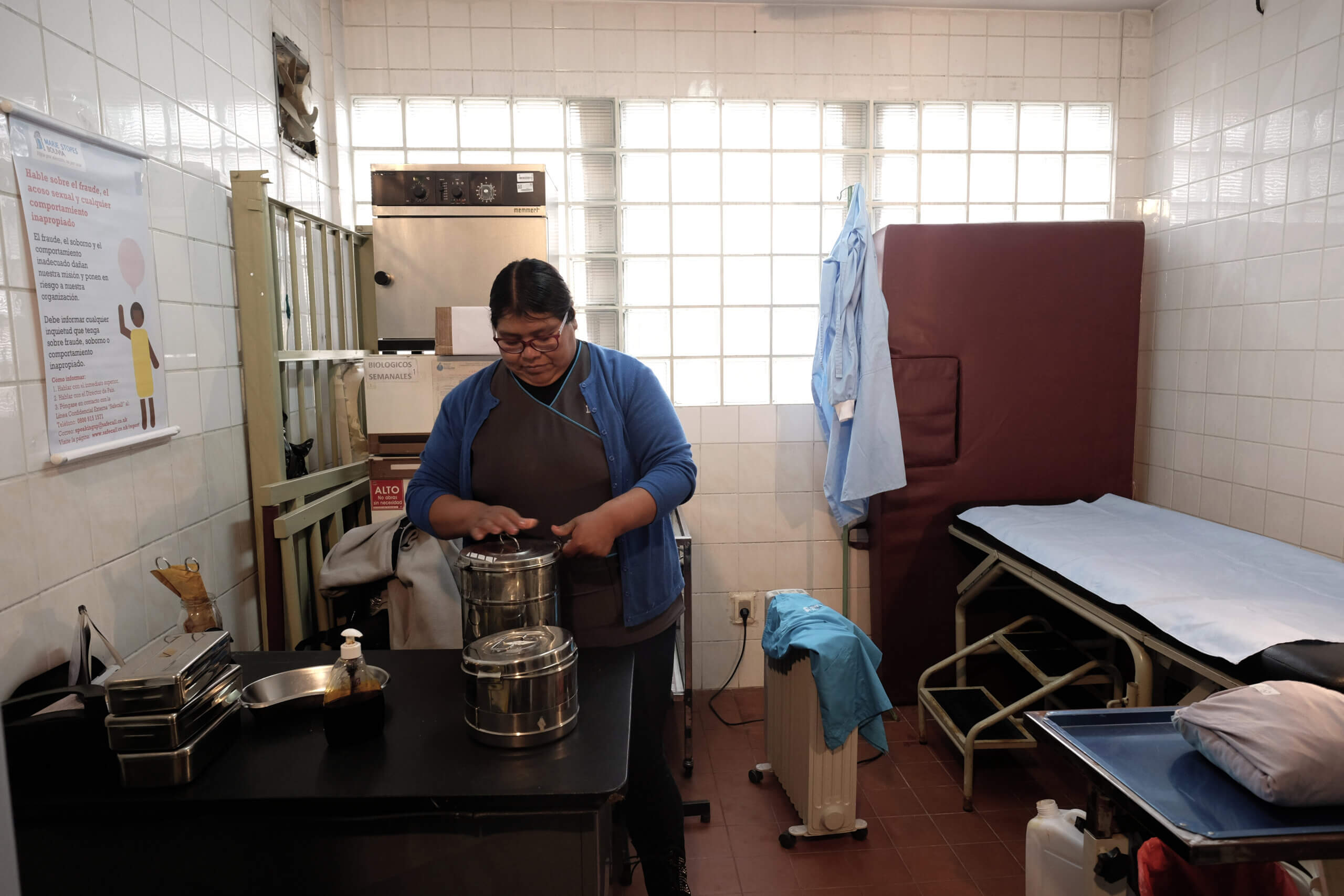World Contraception Day: Reproductive choice is just the beginning
In celebration of World Contraception Day on September 26, we’re taking a look back at contraception over the ages. The methods have improved dramatically, but one thing remains consistent: people have been trying to control when and with whom to have children since the beginning of time. Not always with great success, and often with devastating results. But new methods have opened doors for women—and now, MSI’s blue door gives women around the world the chance to control their own futures.

Looking back at the bad old days
Historical accounts differ, but some researchers point to evidence that documents contraception efforts as early as 3000 BCE when ancient Egyptians were making condoms from fish bladders and intestines. There are accounts of spermicides made from crocodile dung and fermented dough. Papyrus scrolls have been found with instructions for making a “cervical cap” from honey and acacia leaves.
In ancient Greece, women drank solutions of copper salt, a toxic substance that was supposed to prevent pregnancy for up to a year. Chinese women consumed mercury and lead, both poisonous even at low levels. All manner of herbs, toxic and otherwise were combined and steeped with various animal blood and body parts throughout the centuries to avoid pregnancy. Few of these concoctions were effective. Many were deadly.
Modern-day contraception
Then, in the United States in the mid-1800’s a young inventor developed a safe, affordable and effective form of birth control. Inventor Charles Goodyear found all kinds of commercial and profitable uses for his vulcanization process that stabilized rubber, including the making of tires, erasers, balls, gloves and condoms. Necessity being the mother of invention, additional methods of contraception followed – like the vaginal diaphragm – with different methods taking the lead in popularity at different times.
But, it was not until the 1960s that women would truly gain control over their reproductive health with the introduction of the first hormonal birth control pill. Known simply as “the pill”, few inventions have had as significant an impact on the lives of women. And, it was women who led the charge in its development.
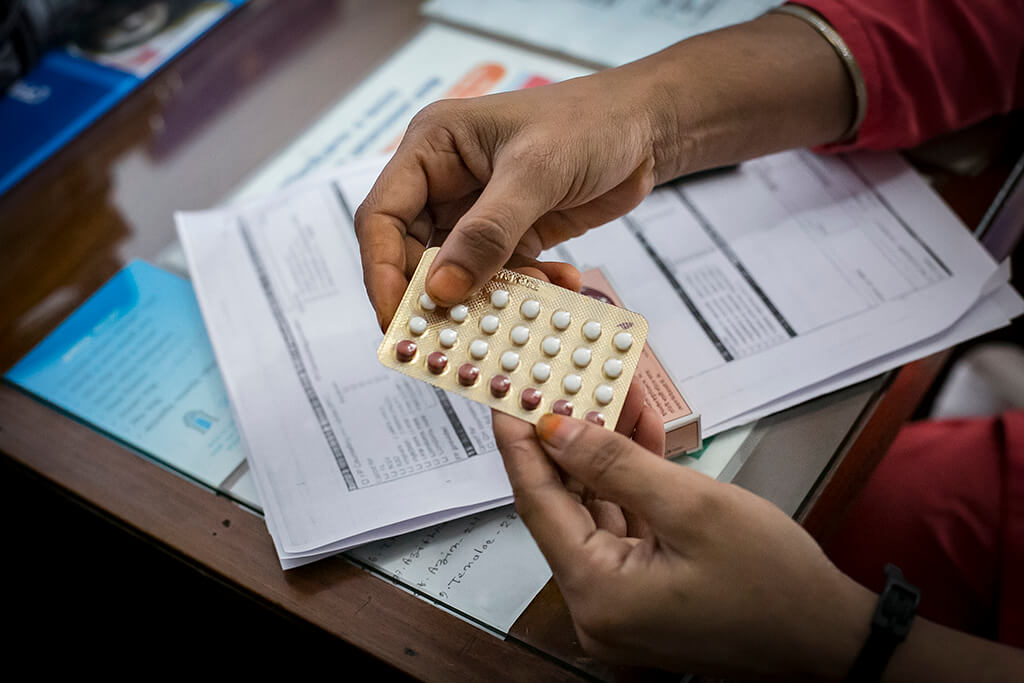
Women take control
Margaret Sanger, founder of the American Birth Control League and close friend, Katherine Dexter McCormick, suffragette, woman’s right activist and heir to the International Harvester fortune, combined their intelligence, activism and financial resources to fund the research that led to the invention of the pill.
An instant success, the pill with its reliability and ease of use was transformative. Not just for women, but to society overall. Being able to delay marriage and childbearing led to more women pursuing higher education and professions. More women became lawyers, doctors, accountants, college professors and political leaders, a rarity before the pill. The opportunity to earn their keep and contribute to their family incomes gave millions of women both financial independence and greater equality in decision making. The pill forever changed the role and influence of women in society.
By making reproductive choice possible for women and adolescent girls we open doors to more education, self-determination and autonomy and we help them expand their life choices in the 36 countries where we work. MSI’s bold women know what innumerable studies have shown: that educating women is one of the fastest routes to economic stability in countries. On World Contraception Day, we recognize how important contraception has been to advancing gender equality.
According to UN Women, “Women’s economic empowerment boosts productivity, increases economic diversification and income equality in addition to other positive development outcomes. Companies greatly benefit from increasing employment and leadership opportunities for women, which is shown to increase organizational effectiveness and growth. It is estimated that companies with three or more women in senior management functions score higher in all dimensions of organizational performance.” All of this is possible when women have access to contraception.
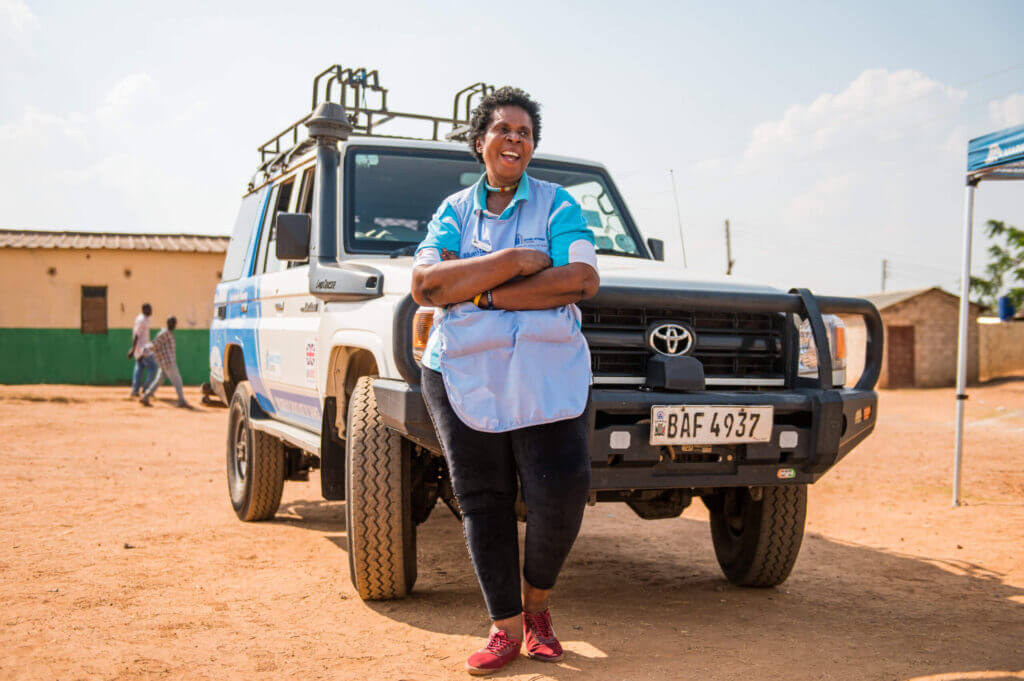
Changing lives, one woman at a time
The bold women of MSI know that they’re making a difference for the women they serve. Damaless Mukaka, an MSI nurse from Zambia, says: “If [a girl] wants to be a doctor, I would love to see that she makes it. Even if I am not there, but my spirit, you know, will connect, and wherever they go, they’ll say, ‘There was this woman who made me to be like this.’”
As we celebrate World Contraception Day, we’re grateful for the supporters who make choice possible around the world. Your generosity is what allows Damaless to change lives. We’ve come a long way from the fish bladder condoms of the past—and with your help, we’ll create a world where every woman can decide her own future.



